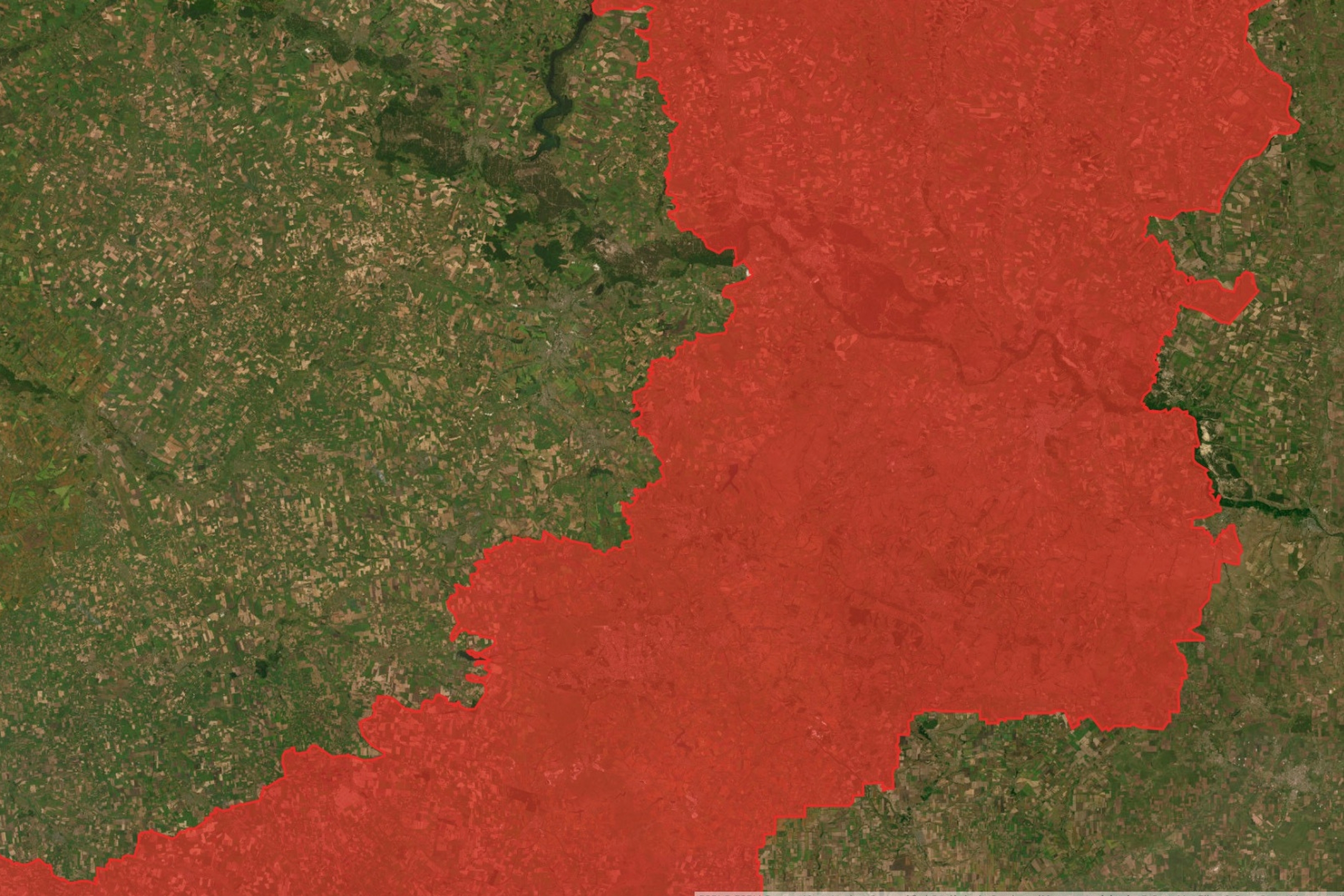The United States Department of Agriculture's (USDA) Animal and Plant Health Inspection Service (APHIS) has temporarily paused Mexican cattle imports to the U.S. over fears of screwworm infections.
On Friday, the APHIS announced that a New World Screwworm (NWS) was detected in Mexico, causing Mexican cattle imports to be temporarily paused.
The United States imports a large number of cattle from Mexico on a yearly basis. The imports are primarily feeder cattle destined for U.S. feedlots.
As of November 21, 2024, year-to-date Mexican cattle imports stood at 1,208,354. This was an increase in comparison to the same period in 2023, which had stood at 1,067,344 heads of cattle, as per the USDA.

According to a press release from APHIS, the case of NWS was found in a cow in Chiapas in south Mexico, near the border with Guatemala. The Service said that it was working with its partners in Mexico and Central America in order to stop the spread.
"Given the northward movement of NWS, APHIS has in recent months stepped up its efforts in Central America to partner with impacted countries to push this pest out of newly affected areas," Dr. Rosemary Sifford, the chief veterinary officer of the United States, said in the press release.
"With this latest find in Mexico, we will further intensify this work to protect American agriculture and reestablish the barrier in Central America."
Newsweek has reached out to APHIS outside of normal working hours for comment.
NWS are fly larvae. Screwworm infections are caused by parasitic larvae of fly species, most significantly the New World screwworm fly. Flies deposit eggs on wounds or exposed tissue of warm-blooded animals, like livestock cattle. When the eggs hatch, maggots feed on the living tissue of the host which causes severe wounds and potentially life-threatening infections.
Screwworm infections were eradicated in the U.S. in the 1960s but they remain prevalent in parts of Central and South America.
Though they are most commonly associated with animals, screwworm infections can have serious consequences for the health of humans. Infections, known medically as myiasis, occur when larvae infests human tissue. This can lead to tissue destruction, pain and discomfort, secondary infections and in some rare cases, death.
The APHIS advises that if you notice a suspicious lesion on your body, or suspect that you may have contracted screwworms, you should seek medical attention immediately. It also advises that pets and livestock are checked for draining or enlarging wounds, and any signs of discomfort.
APHIS also advises checking for screwworm larvae or eggs, which are creamy and white and get deposit near or on the edges of wounds.
Do you have a story Newsweek should be covering? Do you have any questions about this story? Contact LiveNews@newsweek.com.







.png)











 English (US) ·
English (US) ·